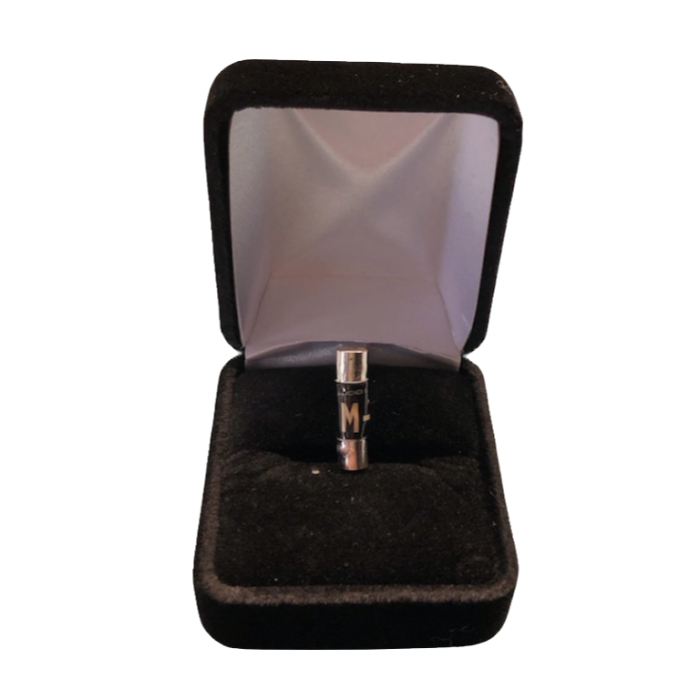The reason I am asking is I feel manufacturers of high quality components include all that is ever needed, power cable wise. Sure, some people buy power cables because they need special lengths or have some out of the ordinary "noise" issues that need extra insulation. Some even like the visual aspect of the aftermarket cables. I’m just curious why many spend thousands of dollars on such when the manufacturer has taken the power cable into account when producing the product. I cannot see a High-quality audiophile component maker (especially some that sell volume) pass on a few dollars for a better sounding power cable if indeed the cable improved their product. I cannot see a person buying that $7000 amp is not going to balk if the product was introduced at $7100 (with the better cable).
I wonder if Luxman, Accuphase, McIntosh, Gryphon...you name it "dressed" their power cables up to look like expensive aftermarket cables, owners would be so quick to "upgrade"?
I’d be curious to hear Ralph’s opinion on the subject


